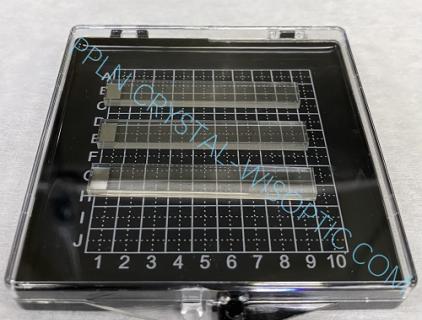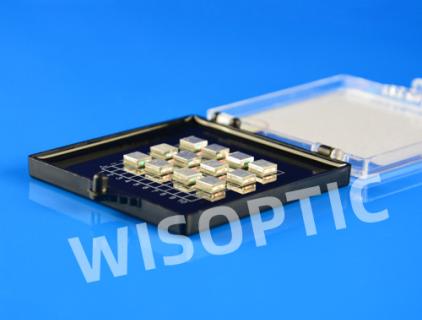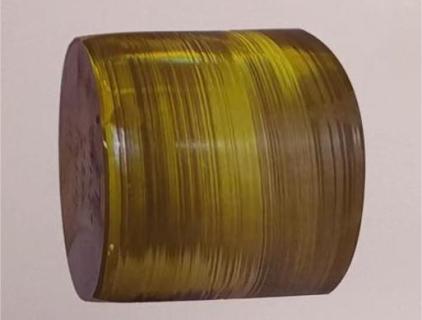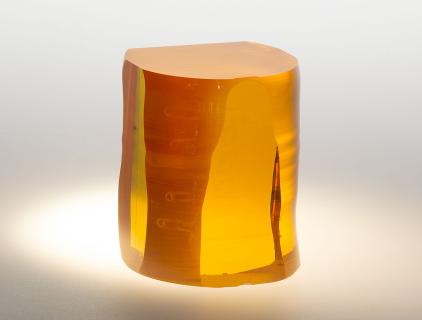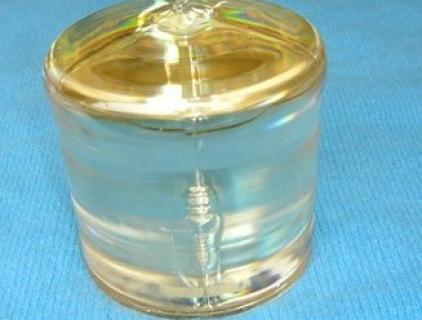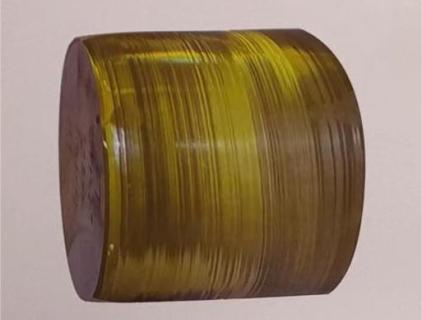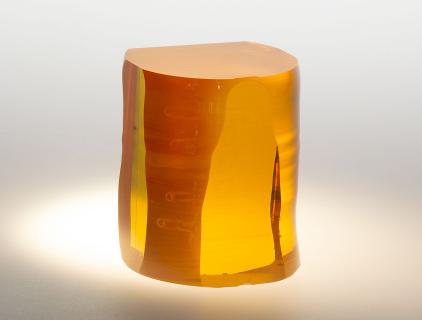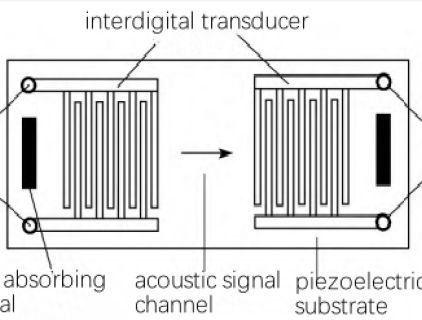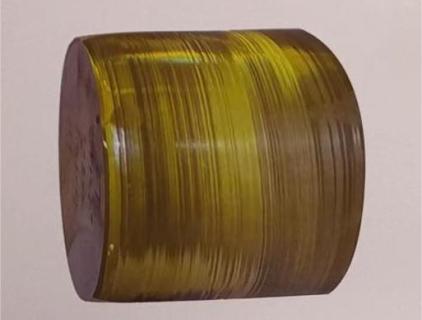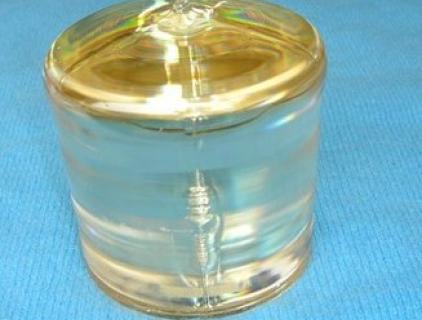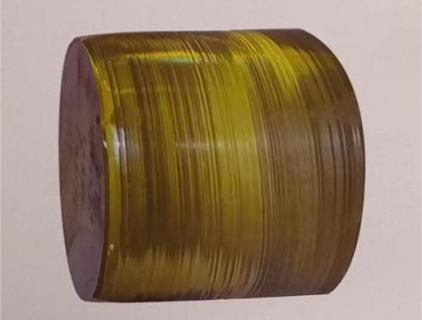INDUSTRY NEWS
2. Theoretical analysis2.1 Temperature robustnessTemperature robustness refers to the stability of the frequency-doubled crystal with respect to temperature. Specifically, when the temperature fluctuates, the power of the frequency-doubled light will not be greatly affected. The influence of
2024/05/13 09:52
Introduction 532nm solid-state lasers are widely used in industry and medicine. In the field of scientific research, continuous, high-stability 532nm green light and kilohertz, high-energy nanosecond 532nm laser are the most ideal pump source solutions for titanium sapphire oscillators and
2024/04/29 13:09
Conclusion Lithium tantalate material has a large pyroelectric coefficient, high Curie temperature, small dielectric loss factor, low heat melt per unit volume, small relative dielectric constant, and stable performance. It is a good ferroelectric and piezoelectric material. It also has
2024/04/12 14:37
3 The main application of lithium tantalate crystal3.4 Pyroelectric detectorTo detect targets, pyroelectric detectors generally exchange heat with the outside environment through three methods: thermal convection, thermal conduction and thermal radiation. The working principle is: electrons are
2024/03/06 15:47
3 The main application of lithium tantalate crystal3.3 E-O Q-SwitchThe basis of laser Q-switched technology is a special optical component - a fast intracavity optical switch generally called Q-switch. The Q value is an indicator for evaluating the quality of the optical resonant cavity. The higher
2024/01/29 14:56
3 The main application of lithium tantalate crystal3.2 OscillatorAn oscillator is an energy conversion device that converts DC power into AC power with a certain frequency. This circuit is called an oscillation circuit. The oscillator achieves free oscillation through the mutual conversion between
2024/01/17 15:32
3 The main application of lithium tantalate crystal3.1 SAW Wave filterYang Qing-rui and others designed a resonator SAW filter using LiTaO3/SiO2/Si substrate. Figures 3 and 4 are optical photos of the device and partial scanning electron microscopy pictures of the device respectively. The
2023/12/12 14:50
3 The main application of lithium tantalate crystal3.1 SAW Wave filterPeng et al. used ion etching to process lithium tantalate (LT) crystals to obtain a high fundamental frequency crystal resonator. They used this crystal resonator to design a high-frequency broadband filter, which improved the
2023/11/29 15:24
3 The main application of lithium tantalate crystal3.1 SAW Wave filterThere are many studies on filters in SAW devices. Wave filters have the advantages of low transmission loss, high reliability, great manufacturing flexibility, analog/digital compatibility, excellent frequency selection
2023/11/16 14:28
2.3 Lithium tantalate single crystal filmAfter the 1980s, thin film preparation technology has developed rapidly. Currently, the commonly used preparation technologies of lithium tantalate single crystal (www.wisoptic.com) thin film mainly include chemical vapor deposition, physical vapor
2023/10/31 11:57
2.2 Fabrication of lithium tantalate crystal with near stoichiometric ratioThe preparation of near-stoichiometric lithium tantalate (NSLT) crystals is difficult. The current methods mainly include: the double crucible method, the flux pulling method, the float zone method and the gas phase exchange
2023/10/20 15:46
2. Fabrication of Lithium Tantalate Crystal2.1 Fabrication of same composition lithium tantalate crystalThe same composition Lithium tantalate (CLT) crystals are often fabricated by mixing high-purity tantalum pentoxide with high-purity lithium carbonate at a stoichiometric ratio of 0.95:1 (molar
2023/09/14 10:19

